Rod Raglin's Blog, page 7
October 16, 2024
Meniere’s – A Love Story, my creative non-fiction published in Storytellers’ True Stories About Family
Meniere’s – A Love Story, is my creative non-fiction published in Storytellers’ True Stories About Family, a new anthology by Chicago Story Press, Inc.
“Being in love is not only about what you gain,
it’s also about what you’re willing to abandon.”
Now available on Amazon
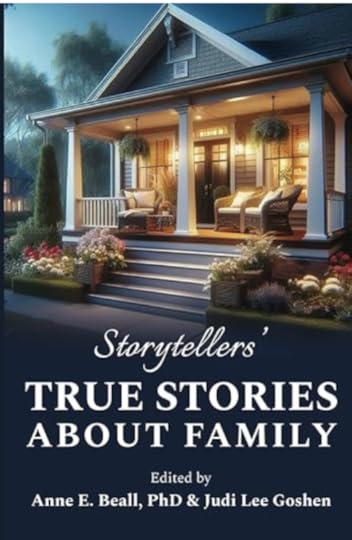
October 9, 2024
Fight or flight? Another excerpt from The Thin White Line
Read another excerpt from my soon to be released novel The Thin White Line – Culture War with Deadly Consequences. A racially charged novel of political suspense, domestic terrorism and murder. https://bubli.sh/p5X09qM
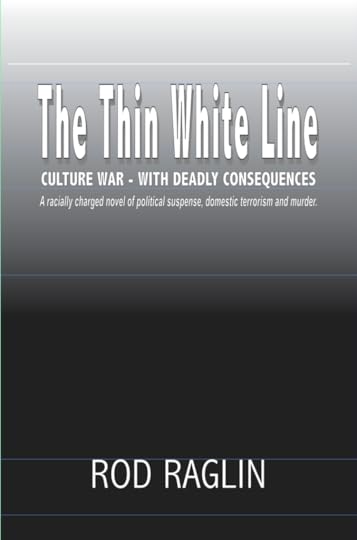
#amreading #readingcommunity #readers #newfiction #politics #race #action #suspense #murder #publishing
October 8, 2024
The unofficial video of the Renfrew Ravine Moon Festival streamside lantern display
The Renfrew Ravine Moon Festival is “A fusion of art, nature, and community. This month-long festival celebrates the Harvest Moon, Still Creek, local art, and the diverse cultural traditions of Vancouver’s Renfrew-Collingwood neighbourhood.” These images were taken at the Streamside Lanterns display.
October 7, 2024
Do you think marginalized authors get preferential treatment from publishers?
Matt didn’t either until he began submitting his novel and noticed submissions pages openly giving priority to those who identified as BIPOC, LGBTQ+ or other groups. The assumption was that prejudice in the publishing community had prevented these authors from getting their work published.
But was that the case?
Being an investigative reporter as well as an author he did the research and discovered the opposite was true. As a percentage of the population, it was white authors who were discriminated against.
All this was backed up with facts and links as listed at the bottom of the article he was about to send to the daily newspaper.
But what about blowback – from the literary community, the public at large and his wife specifically, a celebrated BIPOC author about to start a book tour for her highly acclaimed third collection of short stories?
The Thin White Line
A racially charged novel of political suspense, domestic terrorism and murder.
Watch for the release date here.
Read and excerpt at https://bubli.sh/8bkYcK7

September 27, 2024
Indian Summer published in Highland Park Poetry
You can also view this on the Highland Park Poetry Facebook page at
https://www.facebook.com/photo/?fbid=1093855998997133&set=a.579194347129970
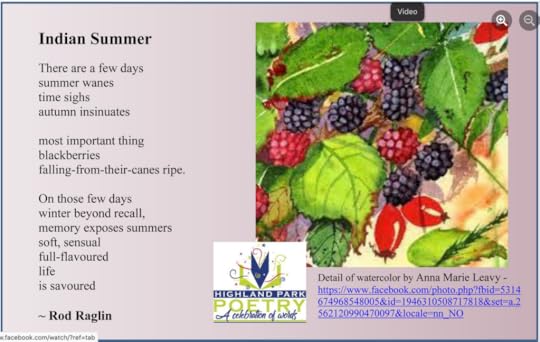
September 16, 2024
The Mattie Saunders Series and its link to Ara Manzanillo

Mattie Saunders, the protagonist in my five book Mattie Saunders Series, loves birds but has little time for people. A childhood spent in one foster home after another has made her wary of commitment as evidenced by an absence of close friends and difficulty with intimate relationships. Instead, she’s filled her life rescuing and rehabilitating exotic birds people buy as pets and then abandoned.
Her lifelong companion has been one of her rescues, a Blue and Gold Macaw named Pickles. Over the course of the first four books, Pickles has stood by her through triumphs and tragedies, but how natural is it for a bird to live its entire life in captivity when that life can be as long as 50 years.
At the beginning of book 5 (The Flock – available on Amazon), Mattie has decided to rewild Pickles. However, rewilding involves more than opening the cage door and letting the bird out especially if it has only experienced life as a pampered pet.
To understand what’s involved in breeding, raising and rewilding Macaws my research led me to Ara Manzanillo and their amazing program to reintroduce the Great Green Macaws their native habitat in Costa Rica’s Caribbean corridor.
Starting in 2010, Ara Manzanillo has contributed approximately 100 Great Green Macaws to the free flying population, increasing the country’s Great Green populations by 40% and the population by 10%. Few conservation projects have had such significant impact on the comeback of a species in grave danger of extinction.
This breeding season they welcomed to the world seven new chicks!
Ara Manzanillo is a Costa Rican licensed, non-profit organization with government oversight. The project was also designated as being of national public interest in Costa Rica. The project is professionally staffed and works in collaboration with the Ministry of the Environment.
For more information visit their website at https://aramanzanillo.org/ or their Facebook Page at https://www.facebook.com/profile.php?id=100075604910711
#macaws @aramanzanillo #parrots#romance#action#birds
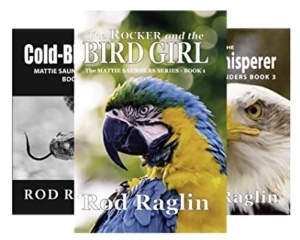
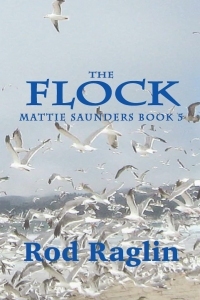
August 20, 2024
#FreeEbook. Abandoned Dreams
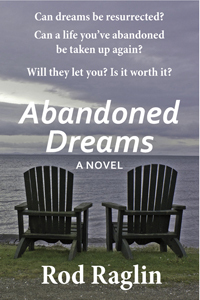
Have you ever wondered what dreams you might have fulfilled if life hadn’t got in the way? What if you had an opportunity to try again?
Can dreams be resurrected? Can a life you’ve abandoned be taken up again? Is it worth it? Will they let you?
Abandoned Dreams free til Aug, 22 at https://www.amazon.com/-/e/B003DS6LEU
during the Summer Backlist Blowout 2024
#amreading #readingcommunity #readers #romance #oldermanyoungerwoman #art #poetry #creativity
August 15, 2024
FreeEbook. The Bird Witch – Mattie Saunders Book 3
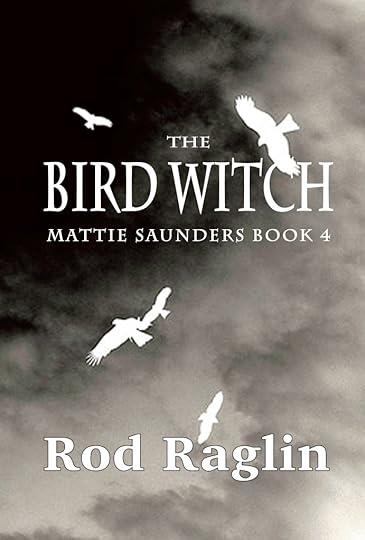
Can you love someone whose worldview is different from yours, someone who keeps secrets? Someone who is committed to a cause that excludes you because of your race.
Simon is an indigenous person committed to the First Nation causes. Mattie loves him, but is love enough?
Free til Aug, 18 at https://www.amazon.com/-/e/B003DS6LEU
during the Summer Backlist Blowout 2024
#amreading #readingcommunity #readers #interracial #romance #action #politics #drugcartels #Indigenouspeople #exoticbirds #conservation
August 11, 2024
Free Ebook – Mad Maggie and the Wisdom of the Ancients
Two passionate opponents, the antithesis of each other are about to clash over the future of a grove of Ancient Old Growth Forest on a secluded island. Can love find a middle ground? Eco-Warriors Book 3
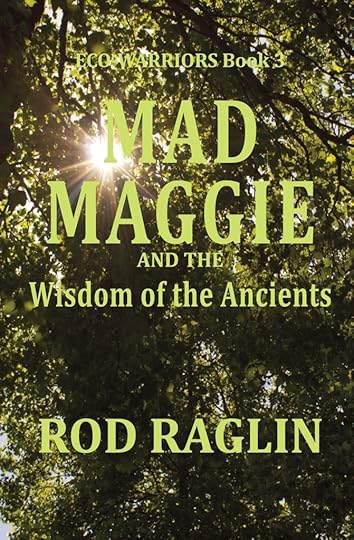
Free til Aug, 15 at https://www.amazon.com/-/e/B003DS6LEU
during the Summer Backlist Blowout 2024
#paranormal #romance #suspense #mentalillness #naturalhealing #environmentalfiction #oldgrownforest
August 2, 2024
The Cynical, Critical Writers Group – Fragile egos and delusional dreamers need not apply.
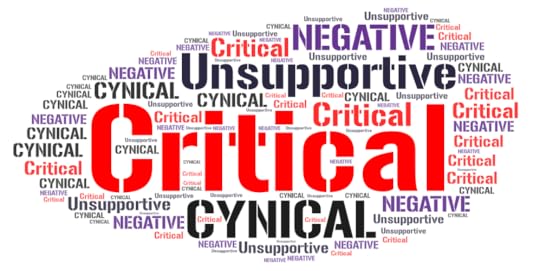
After I was banned from my fifth Facebook writing group for being “critical, negative, rude, abusive, cynical, sarcastic (I liked that one) and unsupportive, I took a moment to reflect. Was that person really me?
I thought I was analytical, honest, forthright, constructive, witty and realistic. Is it because I don’t agree with what members post that they are so hostile toward me and go whining to the administrators? Am I being unsupportive by asking if they got paid when a member raves about having their flash fiction piece accepted in some obscure online magazine? Is it critical to point out that the meter is off in a rhyming quatrain about unrequited love? Is it cynical to suggest that paying to have your novel published by a “hybrid” publisher is not a great achievement? I mean, are the majority of aspiring, emerging, new or otherwise unsuccessful authors all delusional?
I asked myself; would I get more out of participating with these groups if I changed my attitude, overlooked the obvious and lavished them with praise for insignificant accomplishments? After all, they’re not insignificant to them. If I pursued the adage “if you can’t say something positive, don’t say anything at all” might I still be able to keep my tattered integrity intact?
My first challenge was a post that stated “My story didn’t win the competition, but what I do like about this contest is all the longlisters will be published in the paper anthology, along with the publishing of all of them on the website”. I can understand writers crowing about being “shortlisted”, though in my mind that amounts to being one of the first losers, but being “longlisted”? I want to ask what does that mean? How many are on the long list, everyone who entered? Is it worth the entry fee you paid? Instead, I take my lead from other members who gush, “Good job! Powerful story.” “This is awesome. Being longlisted is a big accomplishment!” and reply, “Way to go!” and add love, like and care emojis.
The next was a 74-line free verse poem about growing old (the word was used 17 times in the piece) that read like a short essay with sentences broken intermittently so you’d know it was meant to be a poem. It included hackneyed references to Depends, eyeglasses, medications and memory loss but there were some promising lines including “the newest medications made from strings of syllables clotting in your mouth” and “the amputations of the harvest, the isolation of the wintering.” If the author deleted the clichés, worked on reducing word repetition and made an effort at originality as he did with those four lines something positive could be achieved. Poems take time to ripen and mature. Ask Leonard who took five years to write “Hallelujah”. Maybe the author would like some constructive suggestions? Nope. His poem had collected 31 comments including “fine poem”, “great writing”, and “really liked it” with the majority agreeing with his sentiments about aging. Only one person commented on the actual writing highlighting one of the lines I’d picked out. I decide to comment on the two lines, no emojis, no superlatives. My magnanimity had run out – already.
Why am I doing this?
I’ve learned more about writing fiction from other writers than from any other source – books, courses, seminars, etc. But there’s a caveat, they must be serious about the craft. It’s apparent to me that at least ninety percent of the membership of any Facebook writing group are dabblers, hobby writers, even those who don’t write but imagine they will someday. The conundrum is many of the authors I rely on, who have improved my writing with their insight and suggestions have come from these same groups.
I’m not sure what the solution is but it isn’t being counterproductive by spewing blather to make someone feel good about a weak piece of writing they’ve posted. Until I figure it out, I guess I’ll just keep getting ejected from these groups, though hopefully connecting occasionally with some like-minded writers to continue a relationship outside social media. Not to worry, there is no end to new writing groups. Maybe I’ll even start one myself, the Cynical Critical Writers Group, a group for writers who can endure negative, rude, abusive, sarcastic but honest and constructive comments to enhance their craft. Fragile egos and delusional dreamers need not apply.
#WritingCommunity #amwriting #writers #authors #criticism #ego #craft



